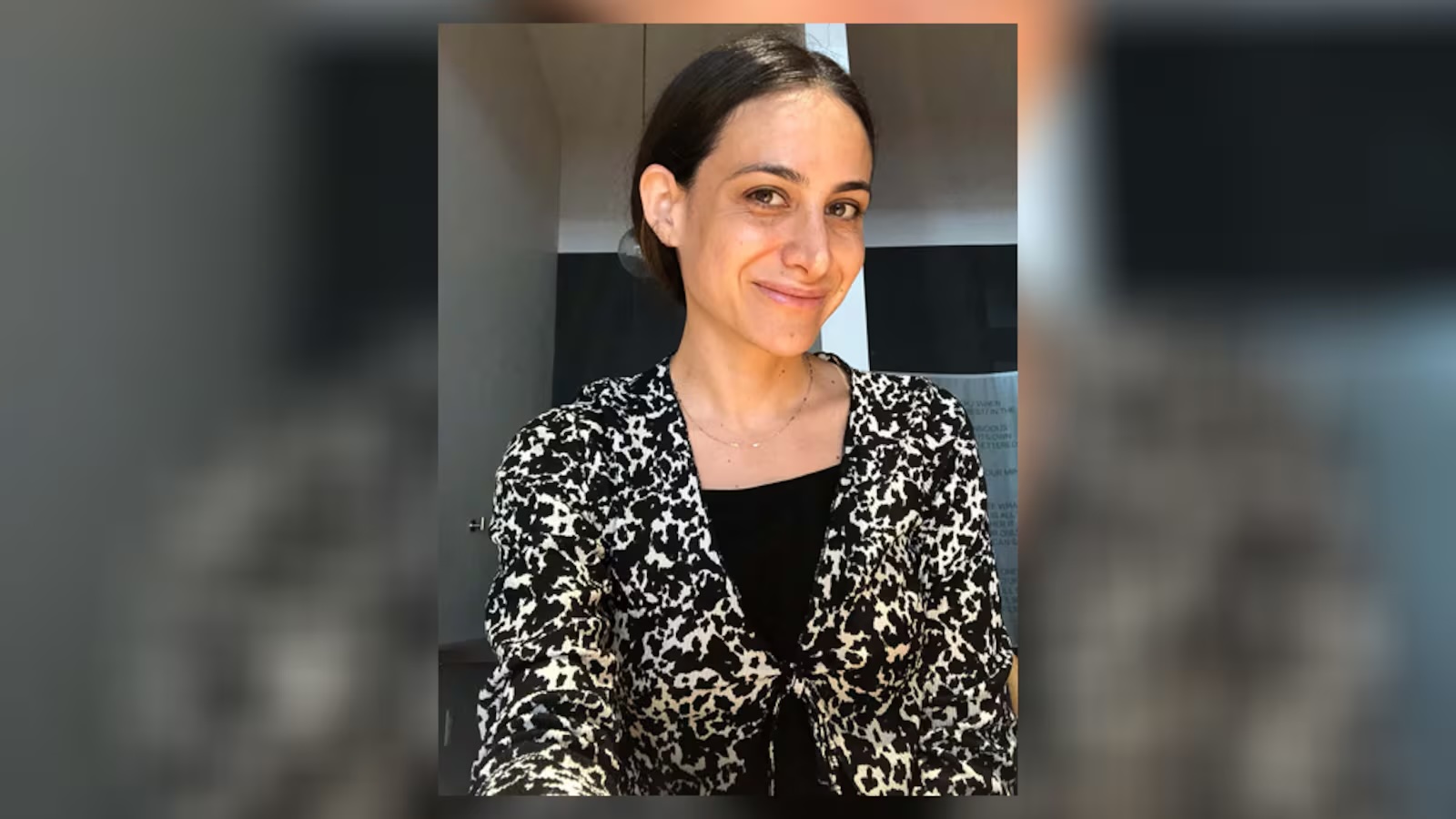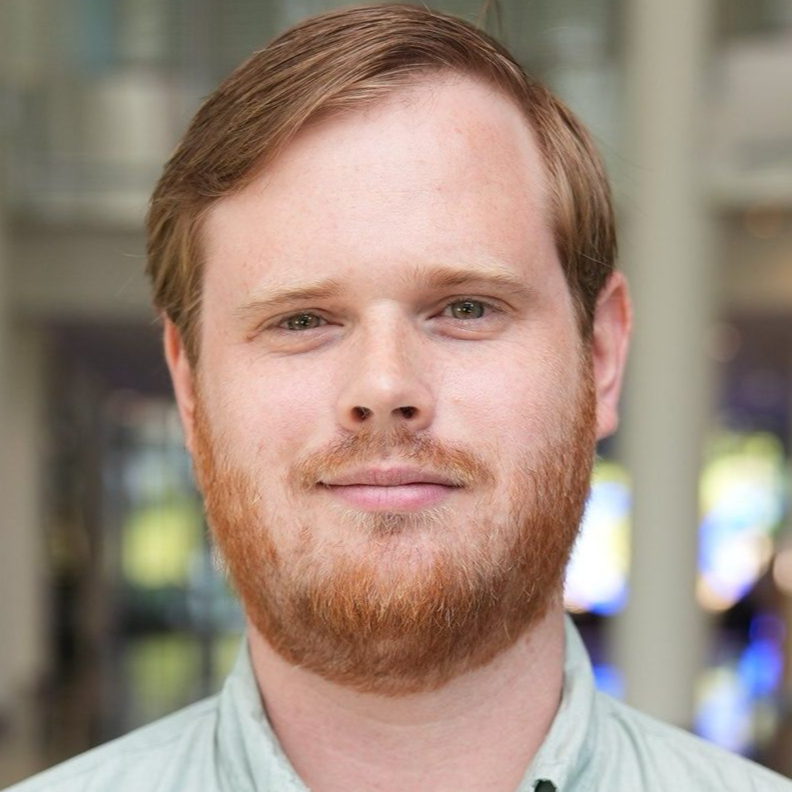President forced out at Truett McConnell after sex abuse probe findings

CLEVELAND — Truett McConnell University on Friday announced that President Emir Caner was forced out from his position following a months-long investigation into reports that he failed to act on allegations of spiritual manipulation and sexual abuse by another top administrator, a scandal that spurred a reckoning at this small Baptist college in the Georgia foothills.
The university’s 30 trustees met for more than nine hours Thursday to hear the investigator’s findings and decide what to do, according to interim president John Yarbrough, who spoke at a press conference Friday to announce the board’s decision.

Yarbrough said he couldn’t discuss how the decision was reached or what the investigator found, because he was not in the room for that portion of the board meeting on Thursday. Yarbrough said he understood the board discussion over Caner’s future to be “lively.” He said the board is still negotiating the terms of Caner’s departure. He added that the board didn’t recommend any additional leadership changes to him and he did not plan to ask for the investigator’s findings to evaluate them for himself.
“I don’t see a reason I need to know,” Yarbrough said of the investigator’s findings.
The board issued a statement Friday saying that after listening to investigator Richard Hyde’s findings, trustees had decided to “part ways” with Caner. The statement said it is appointing a committee to search for a new president, but offered no timetable for how long that would take. Yarbrough said he would not seek the job.
It was unclear if the university would eventually release the findings publicly. Yarbrough said that was part of ongoing negotiations with Caner to determine the terms of his separation. There were no trustees present at the university’s press conference on Friday morning.
Yarbrough emphasized that Truett McConnell was focused on moving forward by implementing a “see something, say something” campaign and strengthening its code of conduct with new rules, like restrictions on faculty meeting with opposite-sex students behind closed doors.

“Yes, the event, the circumstances, the actions that were taken were horrible, deplorable, sinful, wicked, demonic,” he said. “But they aren’t on this campus anymore as they’ve been discovered.”
The news was shared with faculty in a meeting early Friday morning, according to two faculty members present in the meeting. Faculty were told that Caner was leaving following the investigation, but there was little additional explanation given, and the 7 a.m. meeting attended by approximately 100 people was over within 30 minutes, said the faculty members, who spoke on condition of anonymity because they were not authorized to speak for the university.
Caner was suspended from office in June after Hayle Swinson, a graduate and former employee of the university, accused the administration of failing to intervene as university vice president Bradley Reynolds groomed and manipulated her into a sexual relationship she hadn’t wanted.
On the same day Caner was placed on leave, the university’s board of trustees hired Hyde, an independent investigator from Atlanta, to look into the allegations of abuse and cover-up.
“The truth is that it was a long and difficult journey for Hayle and all of us who were working with her and for her,” said Marcia Shein, Swinson’s attorney. “The emotional stress for everyone will take time to heal. We shouldn’t have had to fight this long for this result.”
Still, Shein expressed disappointment that the full findings of the investigation weren’t released Friday at the press conference.
“This failure to exercise transparency just shows that TMU does not want the public to know what really happened,” she said.

For Swinson, the news of Caner’s departure was overwhelming.
“I’m just crying and crying,” Swinson said.
Swinson’s story, first reported by the Christian news outlet The Roys Report, unleashed a flood of stories about former students’ experiences. Shein told the board this year that she believed Swinson’s experience reflected a pattern of failing to protect female students.
Dozens of students, for instance, once petitioned the university to remove Reynolds from the classroom because he pried for details on trauma they had suffered, and Shein told the board she believed the practice helped him identify vulnerable students. But Reynolds kept his role teaching theology, a class every student was required to take.
The Atlanta Journal-Constitution detailed Swinson’s story in an investigative report in August.
Caner was defiant as the allegations emerged. In a video obtained by The Roys Report, he said he never received the petition, and he said the university never received a formal complaint from Swinson while she was at the university. Still, he acknowledged that Truett McConnell needed to root out “the cracks and the fissures that we must have missed.”
Caner did not immediately respond to a request for comment Friday morning.
Caner’s administration was put on notice to the allegations against Reynolds well before Swinson went public this year.

In 2024, Swinson went to the White County Sheriff’s Office and accused Reynolds of having sex with her without her consent. An investigator confronted Reynolds soon thereafter, and while he denied wrongdoing, he went on to leave Truett McConnell the same day and never returned.
And in February, Shein detailed Swinson’s allegations and a litany of systematic failures by the university in a letter to the board. She said she did not receive a response after she met with a university lawyer.

The sheriff’s office poked holes in Reynolds’ denials. When he was confronted with hundreds of emails that mixed interpretations of Scripture and sexual fantasies, he said he didn’t recognize the email address. Law enforcement later found the account on his phone.
Even so, Reynolds was not charged with a crime after the sheriff’s office concluded its investigation. White County’s district attorney reopened the case after Swinson went public.
The board’s decision was watched closely. A group of alumni, which protested outside a board meeting this summer, wrote to trustees this week urging them to act decisively to discipline anyone who committed abuse or contributed to a cover-up.
“We expect the trustees to respond decisively to the findings of the investigation, without delay or minimization,” the letter said in part, adding: “Your decisions in the coming days will shape the future of TMU’s witness for decades to come.”
Truett McConnell’s trustees are appointed by the Georgia Baptist Mission Board, which is affiliated with the Southern Baptist Convention.

During his tenure at Truett McConnell, Caner was credited with a significant expansion of the institution, including an increase in academic offerings and the transition of the school from a college to a university. This growth coincided with the school’s deepening ties to conservative political advocacy.
Caner, a prominent Baptist theologian and conservative figure, became president at Truett McConnell in 2008 after serving at Southwestern Baptist Theological Seminary in Fort Worth, Texas. His move followed his time under Southwestern’s then-president, Paige Patterson, a foundational leader of the Southern Baptist Convention’s conservative resurgence who was later ousted from Southwestern amid allegations of mishandling sexual abuse cases.
Following Patterson’s removal and an investigative series by the Houston Chronicle and the San Antonio Express-News that looked at wider issues of sexual abuse within affiliated churches, the Southern Baptist Convention called for an outside audit of its practice.
The report, which was released in 2022, found systemic gaps in how affiliated churches and schools respond to allegations of abuse. Church leaders, the audit found, often silenced and stonewalled victims in order to protect the financial interests of the institution.
Among the report’s recommendations were restrictions on the use of nondisclosure agreements, which the investigators noted were often used to muzzle victims and whistleblowers.
Nondisclosure agreements played a crucial role in Swinson’s case. Some administrators who raised concerns about Reynolds’ conduct were silenced by such agreements until the university waived them over the summer. One of them, former vice president Chris Eppling, later told the AJC he confronted Caner with evidence of an inappropriate relationship between Reynolds and Swinson, only to be told to stop investigating the matter.
Upon hearing the news Friday, Eppling said he believed the decision was just and right but that it also made him sad.
“If Dr. Caner had decided to take care of the problem with Brad Reynolds earlier, perhaps a lot of heartache could have been avoided. I am praying for Hayle, Brad Reynolds and Emir Caner as they begin this new chapter,” he said.
Before Friday’s announcement, Truett McConnell said it had started to change its policies. It said it would require training for students and employees on Title IX, a federal law requiring universities to investigate sexual misconduct allegations. And it said it was making Title IX coordinator a full-time position.
In its statement issued Friday, the Board of Trustees said it “would like to thank Dr. Caner’s 17 years of service to Truett McConnell University.”




